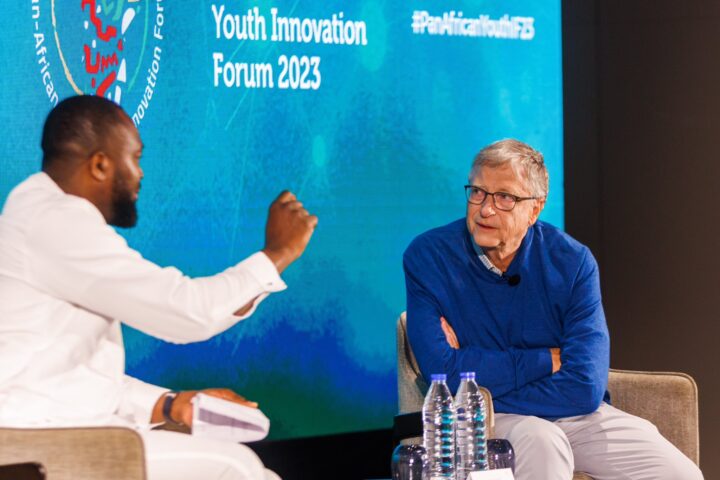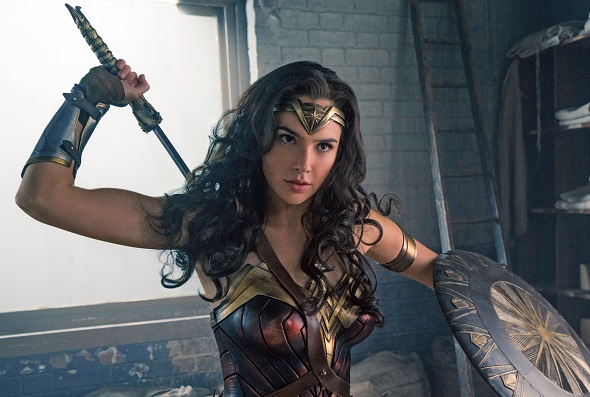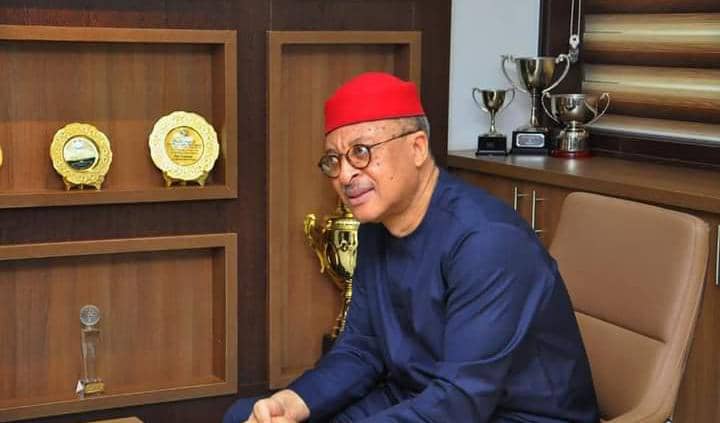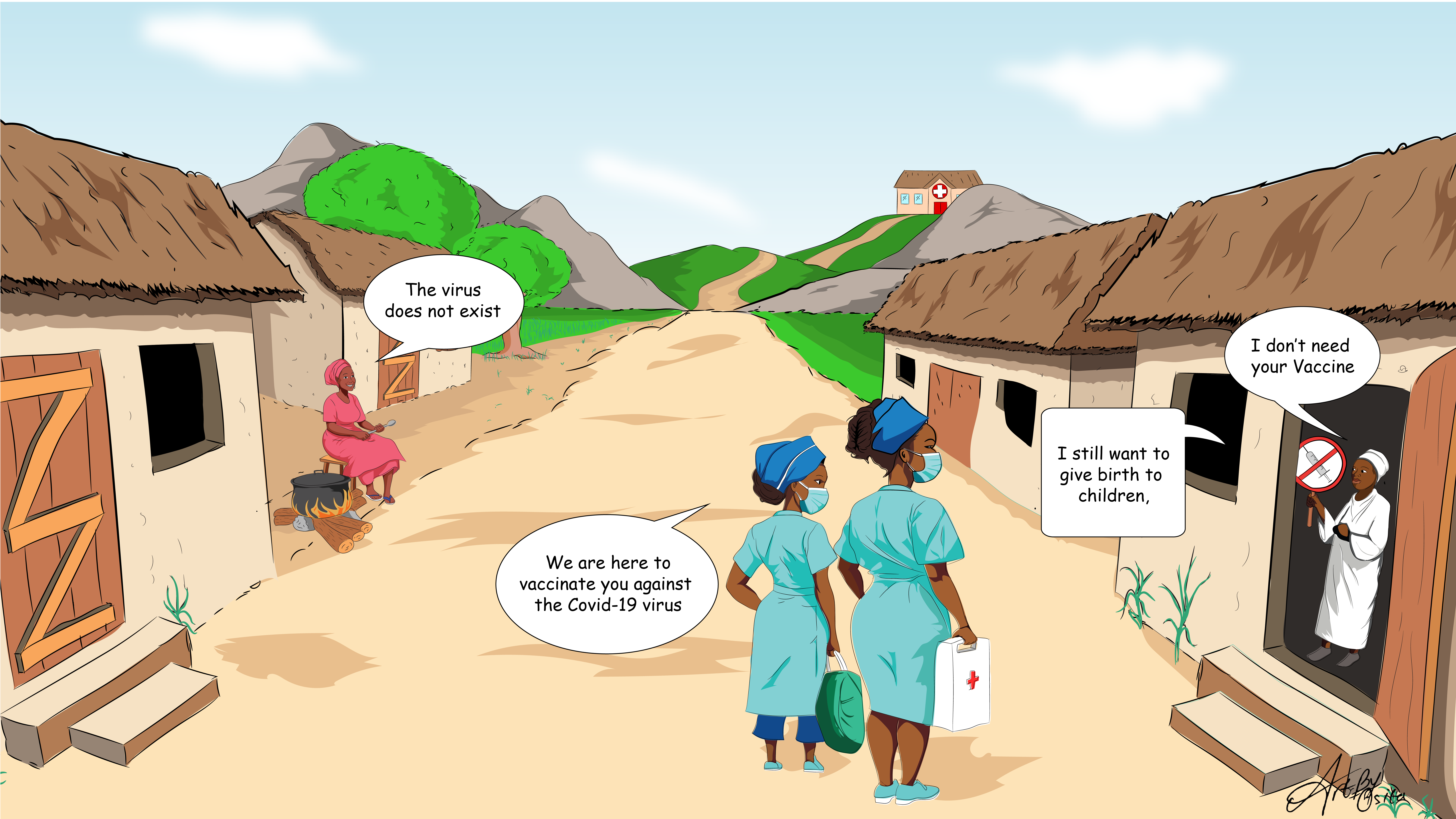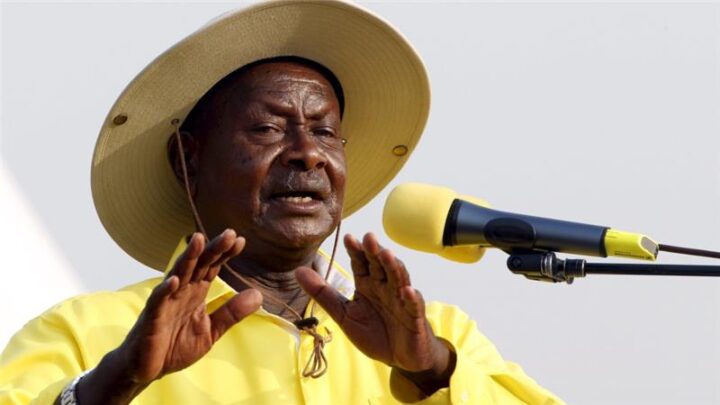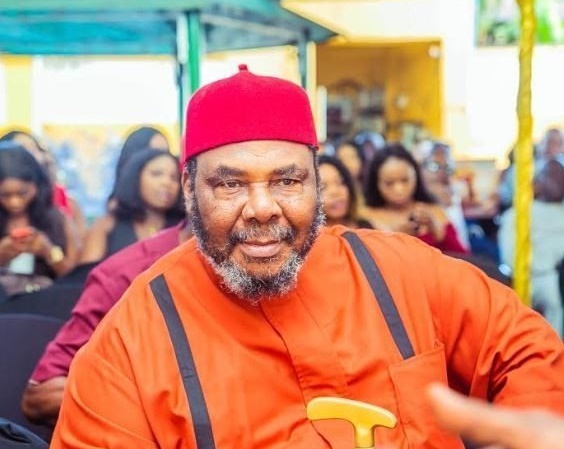The Bill and Melinda Gates Foundation has awarded four projects from Nigeria as winners of its most recent AI solutions award.
The four projects are part of a group of nearly 50 grant recipients who are developing global health and development solutions for their communities using AI-enabled large language models (LLMs).
Guided by the goal of reducing global inequity, the Bill & Melinda Gates Foundation called for proposals specifically targeted researchers and innovators in low- and middle-income countries (LMICs).
The Foundation said responsible and safe use of AI-driven LLM technology has the potential to help solve some of the world’s toughest health and development challenges. However, for these models to be useful in LMICs, researchers in LMICs need to participate in the design, application, and testing of this technology as it rapidly evolves.
Advertisement
“Too often, advances in technology deliver uneven benefits in many parts of the world due to existing patterns of discrimination, inequality, and bias,” said Juliana Rotich, co-founder of iHub, an incubator for Nairobi’s young technology entrepreneurs and who has agreed to serve on the foundation’s new AI Ethics and Safety Advisory committee.
“AI is no different, with most of the tools being developed in the Global North using data from lower-resourced regions that is often incomplete or inaccurate. To realize the full potential of AI, it must be developed responsibly and ethically, with the needs of the end user in mind. Solutions can be transformative when they are locally inspired.”
While speaking with Bosun Tijani, co-founder of iHub and minister-designate in Nigeria, in Lagos during his last visit, Bill Gates said the foundation received more than 1,300 proposals, more than 80% of which were from LMICs.
Advertisement
Out of the 1,300 proposals received, around 50 projects were chosen from 17 LMICs because they align with the foundation’s objective of promoting a global innovation ecosystem in areas where it will have the greatest effect.
Each recipient will receive up to US$100,000 to advance its research project, for a total of US$5 million in grants.
The four Nigerian projects are:
Integration of a Large Language Model (LLM) for Women Centered Care (Lagos)
Nneka Mobisson of mDoc Healthcare in Nigeria will integrate ChatGPT-4 into their chatbot, Kem, which provides virtual self-care coaching for low-income women of reproductive age in Nigeria, to improve its accuracy and capacity to respond to queries with evidence-based information.
Advertisement
A Large Language Model (LLM) Tool to Support Frontline Health Workers in Low-Resource Settings (Kano)
Nirmal Ravi of EHA Clinics Ltd. in Nigeria will develop and test scalable and cost-effective ways to use large language models (LLMs) such as ChatGPT-4 to provide “second opinions” for community health workers (CHEWs) in low- and middle-income countries (LMICs).
Leveraging a Large Language Model (LLM) for Financial Inclusion (Lagos)
Olubayo Adekanmbi of Data Science Nigeria in Nigeria will develop a multilingual, voice-based chatbot to demystify complex financial concepts and provide customized financial support to informal traders, women business owners, and smallholder farmers in Nigeria.
Advertisement
AI for Education Delivery: Adaptive Learning Content for Rural Students (Lagos)
Chinazo Anebelundu of DSN Ai Innovations Limited in Nigeria will develop a Science, Technology, Engineering, and Mathematics (STEM)-focused multimedia learning platform by leveraging GPT and DeepBrain text-to-video AI tailored to rural students to increase their engagement.
Advertisement

